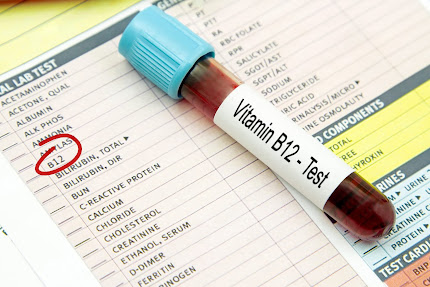SUGARY DRINKS AND AFIB
SUGARY DRINKS AND AFIB
A study published in Circulation: Arrhythmia and Electrophysiology, a journal from the American Heart Association, finds that adults who drink two liters (about 67 ounces) or more of sugar-sweetened or artificially sweetened beverages each week are at a higher risk of developing atrial fibrillation (AFib), an irregular heart rhythm, compared to those who consume less. In contrast, those who drank up to one liter (about 34 ounces) per week of pure, unsweetened juice—like orange or vegetable juice—were less likely to develop AFib.
While the study couldn’t prove that sweetened drinks directly cause AFib, the association remained even after accounting for genetic risk factors. Previous research has already linked sweetened drinks to conditions like Type 2 diabetes and obesity, but this is one of the first large-scale studies to explore a possible link with AFib. AFib raises the risk of stroke fivefold, and by 2030, more than 12 million Americans are expected to have the condition.
Lead author Ningjian Wang, M.D., Ph.D., from Shanghai Ninth People’s Hospital and Shanghai Jiao Tong University School of Medicine, emphasized that the study doesn’t conclusively show one beverage is riskier than another, since people’s diets are complex. Individuals often consume more than one type of drink. Still, Wang recommends people limit or avoid both sugar-sweetened and artificially sweetened drinks, cautioning that even low-calorie or low-sugar options may carry health risks.
The researchers analyzed data from over 200,000 adults in the UK Biobank who were free of AFib at the study’s start (2006-2010). Over a follow-up period averaging almost ten years, 9,362 participants developed AFib. The analysis showed that those drinking more than two liters per week of artificially sweetened beverages were 20% more likely to develop AFib. In contrast, those drinking similar amounts of sugar-sweetened beverages saw a 10% increased risk. Meanwhile, consuming one liter or less of pure juice per week was linked to an 8% lower risk.
Additional findings included:
People who drank more artificially sweetened beverages tended to be younger women, with higher body mass indices and a greater prevalence of Type 2 diabetes.
Those who consumed more sugar-sweetened drinks were more often younger men, also with higher BMIs, more heart disease, and lower socioeconomic status.
Both sugar-sweetened beverage and pure juice drinkers had higher total sugar intake compared to those who drank artificially sweetened drinks.
Smoking status also played a role: current smokers who drank more than two liters per week of sugar-sweetened drinks had a 31% higher AFib risk, while no significant increase was seen among former or never-smokers.
Wang noted that these results may help shape new strategies to prevent AFib by encouraging people to cut back on sweetened drinks. The increased AFib risk from consuming more than two liters per week of artificially sweetened beverages was observed regardless of whether participants had a genetic predisposition.
The exact reasons for the link between sweetened beverages and AFib aren’t clear. Still, possible explanations include insulin resistance and the body’s response to different sweeteners, such as sucralose, aspartame, saccharin, and acesulfame.
A 2018 American Heart Association advisory called for large, long-term trials to understand the safety of artificial sweeteners better. While the advisory suggested children should avoid prolonged use of low-calorie sweetened beverages, it also recognized these drinks might be a helpful alternative for adults who frequently drink sugar-sweetened beverages.
Penny M. Kris-Etherton, Ph.D., an emeritus professor at Penn State University and co-author of the AHA’s advisory, commented that the study’s findings about artificially sweetened beverages are unexpected, given that two liters per week is equal to roughly one diet soda a day. She stressed the need for more research to confirm these results and to fully understand the effects of both sugar- and artificially sweetened beverages on heart and overall health. Until more is known, she recommends water as the best beverage choice and limiting or avoiding low- and no-calorie sweetened drinks.
The American Heart Association’s 2016 dietary guidelines, which align with the 2020-2025 Dietary Guidelines for Americans, already recommend minimizing sugar-sweetened drinks. They also note that evidence about the health impacts of low- and no-calorie sweeteners remains unclear. Healthy beverage options include water and fat-free or low-fat milk, while unsweetened fruit juice is preferred over juice with added sugar. A half cup of pure juice, such as orange or grapefruit, counts as one serving of fruit.
About the study: The UK Biobank is an extensive biomedical database that includes health information from about 500,000 adults in the UK, enrolled between 2006 and 2010. This study reviewed data from 201,856 participants aged 37 to 73 (45% male), who were followed for nearly a decade. Blood samples were used to assess genetic risk, and participants completed dietary questionnaires on multiple occasions. The study’s limitations include its observational design (which cannot prove cause and effect), reliance on self-reported nutritional information (which can be inaccurate), and uncertainty about the caffeine content of the sweetened beverages analyzed.




Comments
Post a Comment